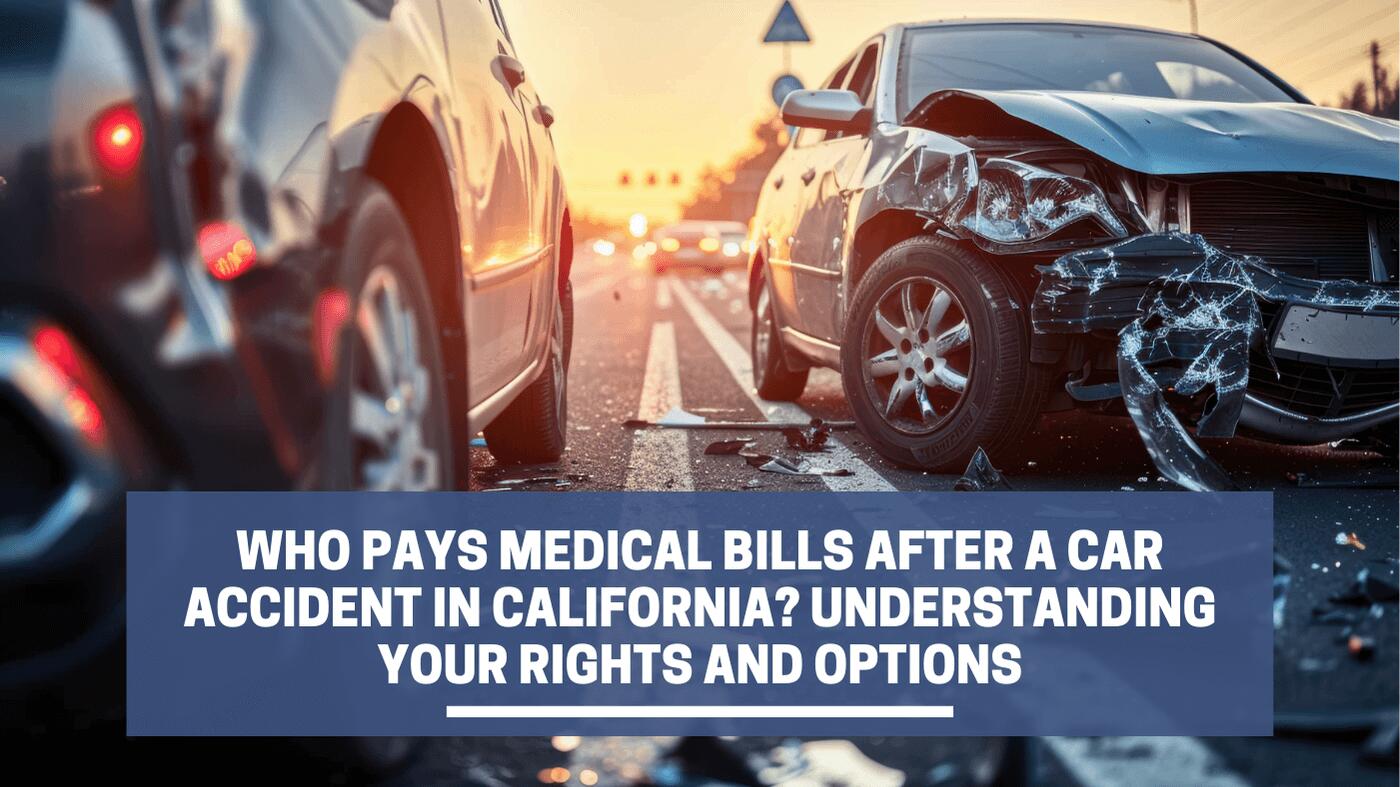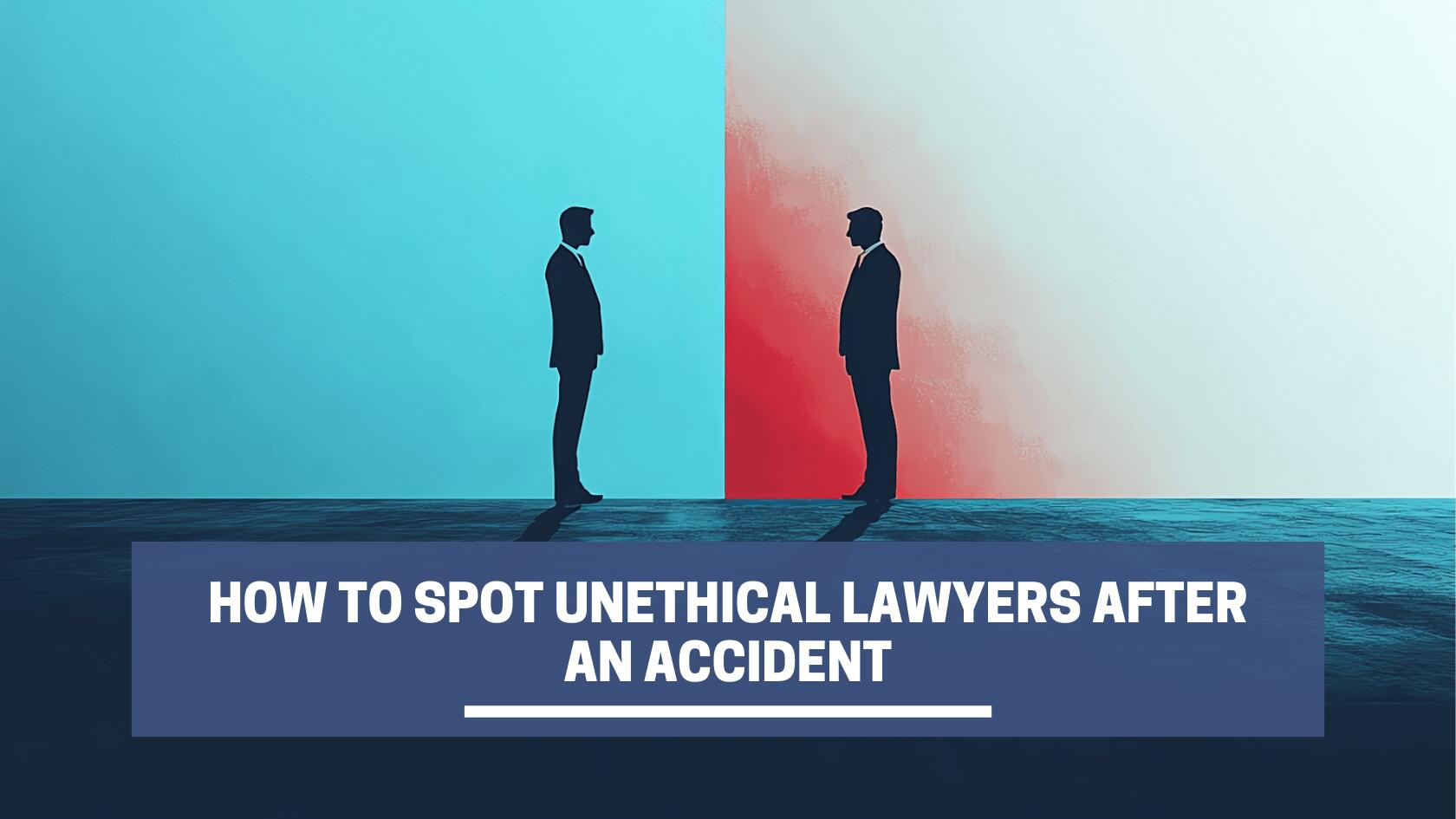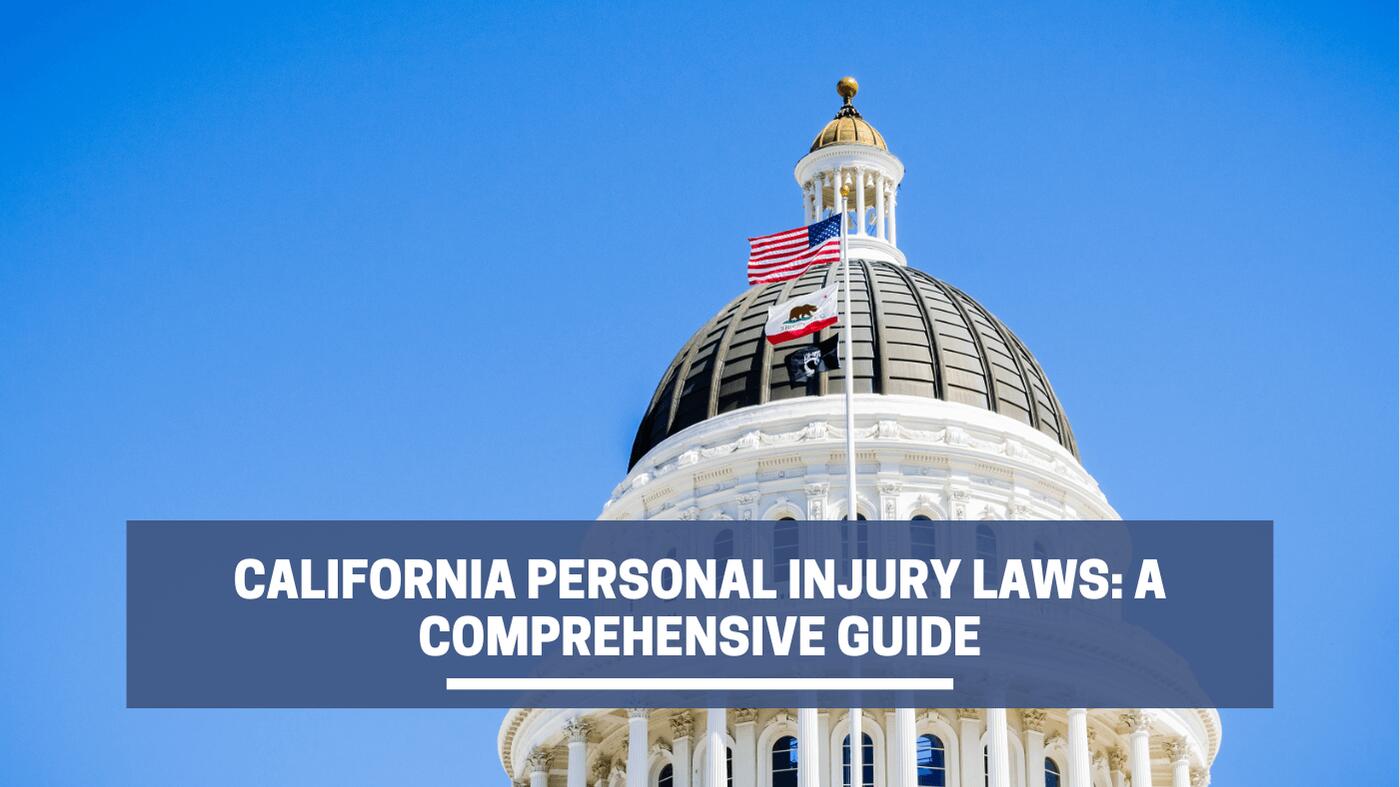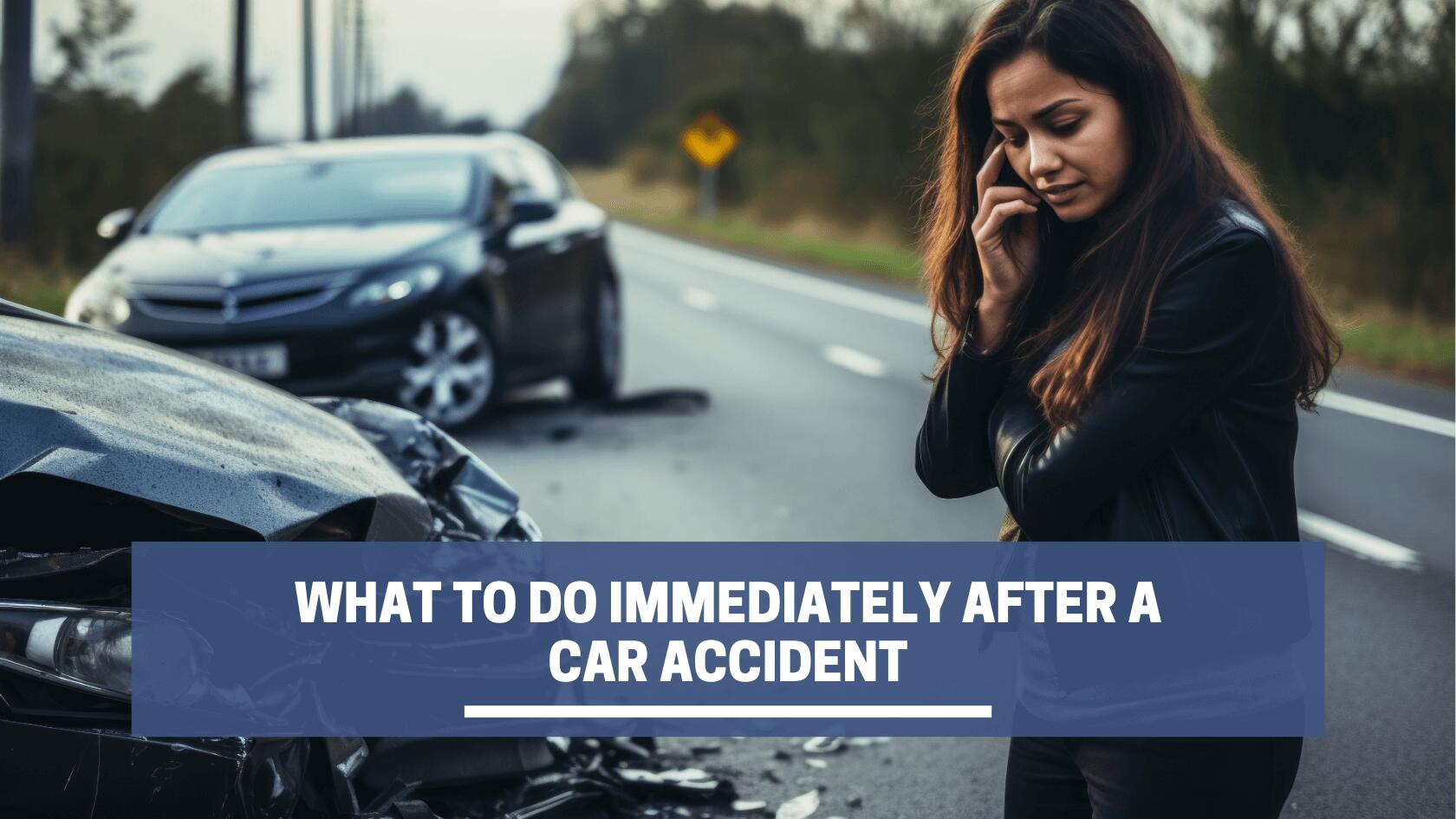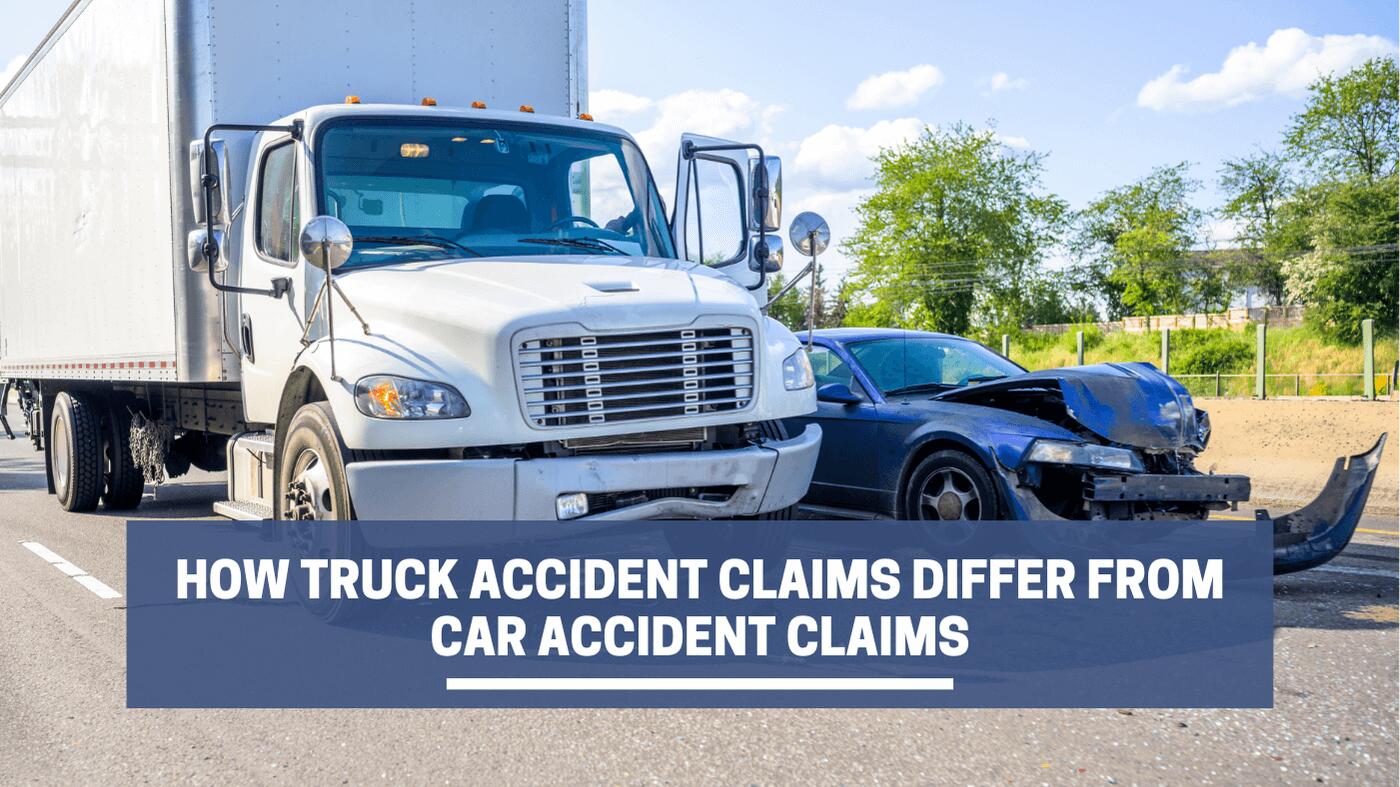Over the past three years, California has averaged more than 19,000 car accidents annually, leaving many victims with mounting medical bills and lost income. With inpatient hospital stays costing $4,337 per day—the highest in the country—those medical expenses can escalate quickly.
To add to the financial strain, victims may miss work due to their injuries. Head trauma can lead to almost $2,800 in lost wages, and motorcycle injuries often exceed $6,000. If another driver caused your crash, figuring out who pays for your medical expenses and other losses can feel overwhelming.
Learn how car accident medical bills in California are handled after an accident and what compensation may be available to help you move forward.
Common Medical Expenses After a Car Accident
Medical treatment after a car accident can be expensive, even for those with insurance. Costs vary based on injury severity, required procedures, and length of recovery, but even a single hospital visit can result in thousands of dollars in bills. Common medical costs after a crash include:
| Expense Type | Estimated Cost in U.S. | Details |
| Emergency Room Visit | The average cost for a visit to the ER in 2024 was $2,715. | Covers evaluation, basic imaging, and initial treatment. More severe injuries requiring specialized care can increase costs. |
| Ambulance Transportation | Ambulance rides cost between $940 and $1,277, depending on care services required. | Costs depend on distance, level of care, and whether air transport is needed. Without insurance, it can cost up to $100,000. |
| MRI Scan | The average cost is $1,325 but can range from $400 to $12,000 depending on where and how it’s performed and insurance coverage. | Used to detect soft tissue injuries, brain trauma, or spinal damage. Costs vary by location and whether contrast dye is required. |
| Surgery | Highly variable—surgery for a broken leg can cost $15,000 to $40,000, while just one spinal procedure can cost more than $19,000 in California. | Includes orthopedic procedures, internal repairs, and complex surgeries like spinal fusion or brain surgery. |
| Physical Therapy | Varies, but the average is between $85 and $165 per session in California. | Ongoing rehab for mobility, strength, and pain management. Long-term therapy needs can drive up costs. |
Despite the potentially high cost of medical care after a crash, skipping treatment isn’t an option—even if you Despite the potentially high cost of medical care after a crash, skipping treatment isn’t an option—even if you don’t have insurance. Getting medical attention protects your health and supports your recovery. It also creates essential records that are vital for pursuing car accident injury compensation in California from the at-fault party.
Who Pays Medical Bills in a Car Accident in California?
So, who pays for your medical costs after a vehicle accident in California? Since it is an at-fault state, California allows victims to seek a settlement for all accident-related expenses from the person who caused the accident.
Typically, this means filing a claim with the other driver’s insurance, which reviews the evidence and pays you a settlement that covers current and future medical needs.
But what if the at-fault party doesn’t have insurance or their policy limits don’t cover your medical bills? And how do you pay for healthcare services while waiting for compensation? Here’s what you need to know:
1. The At-Fault Driver’s Insurance
Under California law, all drivers must carry minimum liability insurance. This pays for:
- $30,000 for bodily injury/death per person.
- $60,000 for bodily injury/death per accident.
- $15,000 for property damage
If another driver’s negligence, such as speeding or texting, caused your injuries, you can file a claim against their insurance to cover medical expenses, lost wages, and pain and suffering. While the minimum coverage limits are relatively low, many drivers carry higher policy limits, which may provide additional compensation.
2. Your Own Insurance (First-Party Coverage)
When the at-fault driver has no insurance, their coverage isn’t enough to pay for your damages, or they flee the scene in a hit-and-run, you may still have options. A California car accident lawyer can help determine if you have the following coverages, which can step in to help pay your expenses:
- Medical Payments (MedPay). An optional add-on that helps pay medical bills after a crash, regardless of fault. The minimum medical bill policy limit in California is $5,000, which pays for all necessary medical expenses. The state doesn’t require MedPay, but it can provide a financial cushion for out-of-pocket costs.
- UM/UIM coverage. Uninsured motorist coverage in California is an optimal policy that helps when the at-fault driver has no insurance or not enough to cover your losses. It can cover medical expenses, lost wages, and other accident-related costs up to your insurance limits.
3. Health Insurance
Processing an auto insurance claim in California can take weeks or even months. In the meantime, most car accident victims use their regular health insurance to cover medical care. However, this can still leave financial gaps, including:
- Co-pays and deductibles. Health insurance may cover treatment, but co-pays, deductibles, and any uncovered procedures remain your responsibility at the time of service. However, you can seek reimbursement for your accident claim.
- Medical liens and subrogation. If you use your health insurance for a car accident in California, the company can seek reimbursement from your settlement with a medical lien. This process, known as subrogation, allows them to recover what they spent before you receive the remaining compensation.
Even if you don’t have health insurance, you can still get treatment. Many medical providers are willing to delay payment and place a lien on your settlement, allowing you to receive care upfront and pay from your compensation once it arrives.
4. Medicare and Medi-Cal
Government health programs like Medicare and Medi-Cal can help cover medical expenses after a crash:
- Medicare. Covers emergency care, hospital stays, and outpatient treatments related to a car accident. However, if you receive a settlement or court award, Medicare must be reimbursed for the portion it paid toward your medical bills.
- Medi-Cal. Provides similar coverage but also places a lien on your settlement to recover expenses. The state can claim a portion of your compensation to reimburse Medi-Cal for accident-related medical costs.
What if You Cannot Recover Damages Through the Insurance Process?
If the insurance company won’t settle or refuses to hold the at-fault driver responsible, filing a personal injury lawsuit in California may be the next step to recover medical expenses. An experienced attorney can help gather evidence, like medical records, doctor’s reports, and billing statements, to prove your damages and build your case.
A lawsuit allows you to seek compensation for medical bills, lost income, and pain and suffering, helping you focus on recovery without the burden of unpaid medical costs.
Take Control of Your Recovery and Medical Expenses
Recovering from a car accident often means facing overwhelming medical bills, but you have options. From filing with the at-fault party’s insurer to taking legal action with the help of an attorney, you can seek help for all current and future medical costs post-accident.
Medical debt shouldn’t stand in the way of your recovery—understanding your options makes sure you get the care you need without facing financial strain after a crash.
FAQs:
Who pays medical bills in a car accident in California?
The at-fault driver’s insurance is primarily responsible. If their coverage is insufficient, you may file with your own MedPay or uninsured motorists’ insurance.
If I go to the hospital after a car accident, who pays?
Your health insurance or MedPay coverage should pay initial expenses after a crash. However, you will need to reimburse them from your settlement or judgement.
Does health insurance cover car accidents in California?
Health insurance generally covers medical expenses after an accident, but insurers may seek reimbursement from your settlement with a medical lien.
Does Medicare cover auto accidents in California?
Medicare covers accident-related injuries but requires repayment from settlements.







